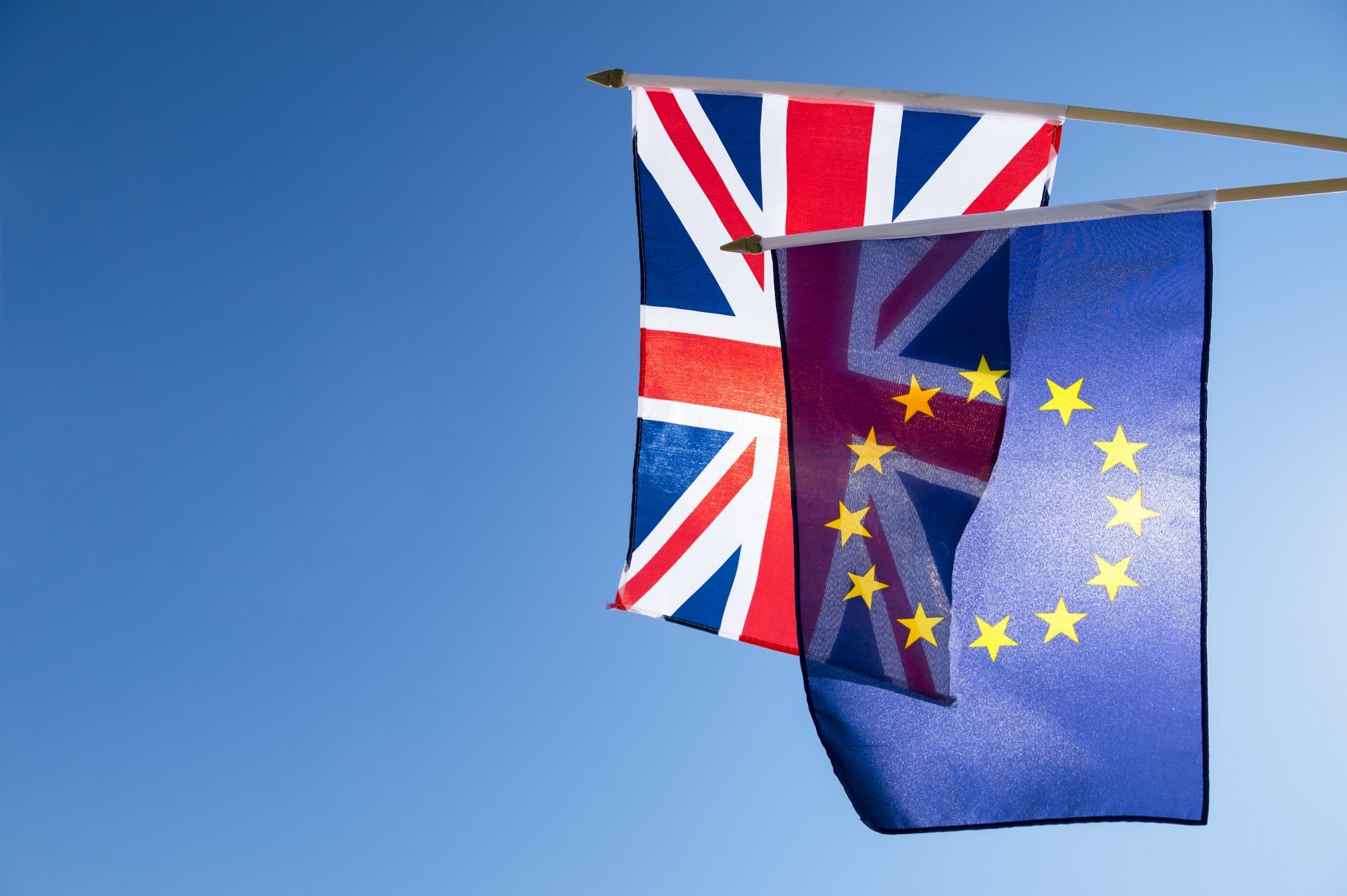After 31 December 2020, everything will change with the planned exit of the United Kingdom from the European Union. For British nationals owning secondary homes in France, this changeover will impose new rules, mainly in terms of immigration.
In 2016, British voters chose to leave the European Union. After months and months of stalemate, a withdrawal agreement was reached at the end of 2019. On 1 January 2021, the UK will no longer be part of the European Union. This is the end of the so-called transition period. But the rules on the new relationship between the two parties have not yet been laid down. This leaves a number of uncertainties, including the possibility that the transition will be extended beyond the end of 2020. However, the withdrawal agreement emphasises the principle of reciprocity. Thus, as soon as the United Kingdom takes a decision, the European Union applies reciprocity. This was applied on several occasions during the COVID-19 crisis, notably during the fourteen-day periods for people passing through French territory.
Who can benefit from the permanent residence permit for secondary homes in France?
One thing is certain: British nationals will no longer be able to move freely after 31 December 2020. This also applies to those who own a home on French soil. However, the French embassy in London states: “In accordance with the withdrawal agreement, France has undertaken to preserve the rights of British nationals currently residing on its territory or wishing to settle there before the end of the transition period”. In fact, only British nationals who settled in France before 31 December 2020 and who can prove that they have been legally resident in France for five years will not be affected. In other words, if they have elected their main residence in France, they will benefit from a permanent residence permit. For the others, everything will become more complicated since the residence permit can only be granted for a period of 1 to 5 years maximum. In any case, the residence permit will be granted to all family members. Another solution is to apply for dual nationality. Here, nothing changes, regardless of the outcome of future agreements.
Secondary home and authorisation for short stay
For Britons with a second home, administrative procedures will need to be assessed and hope that the British Government will be open on the subject. Indeed, short stays, i.e. less than three months, are not included in the withdrawal agreement. Therefore, the classic immigration rules apply by default. The representative of the French Ministry of Foreign Affairs in the United Kingdom states categorically: “If no agreement comes into force at the end of the transition period, their situation will be covered by a regulation adopted at the European Union level, which stipulates that British travellers will be exempted from short-stay visas (less than 3 months), provided that the United Kingdom reciprocally grants a short-stay visa exemption to all European Union citizens.”
When to apply for a residence permit?
A period of tolerance is granted until 1 July 2021. After that date, all British citizens must have clarified their situation on French soil. From October 2020, this can be done using a dedicated website. Moreover, the Ministry of the Interior specifies: “British nationals and members of their family present in France before 31 December 2020 must complete the procedure online before 1 July 2021. They will be issued with a residence permit stating “Agreement for the withdrawal of the United Kingdom from the European Union”. British nationals arriving in France after 31 December 2020 will have to apply for an ordinary residence permit at the prefecture. As an exception, British citizens who are family members of British citizens already settled in France before 31 December 2020 will benefit from a free visa and access to a residence permit once they have arrived in France as provided for in the agreement.” Beyond three months, it is necessary to obtain a long-stay visa as for any citizen of a non-EU country. Of course, all these changes require a change of passport or at least a validity check for the one used after 31 December 2020.


